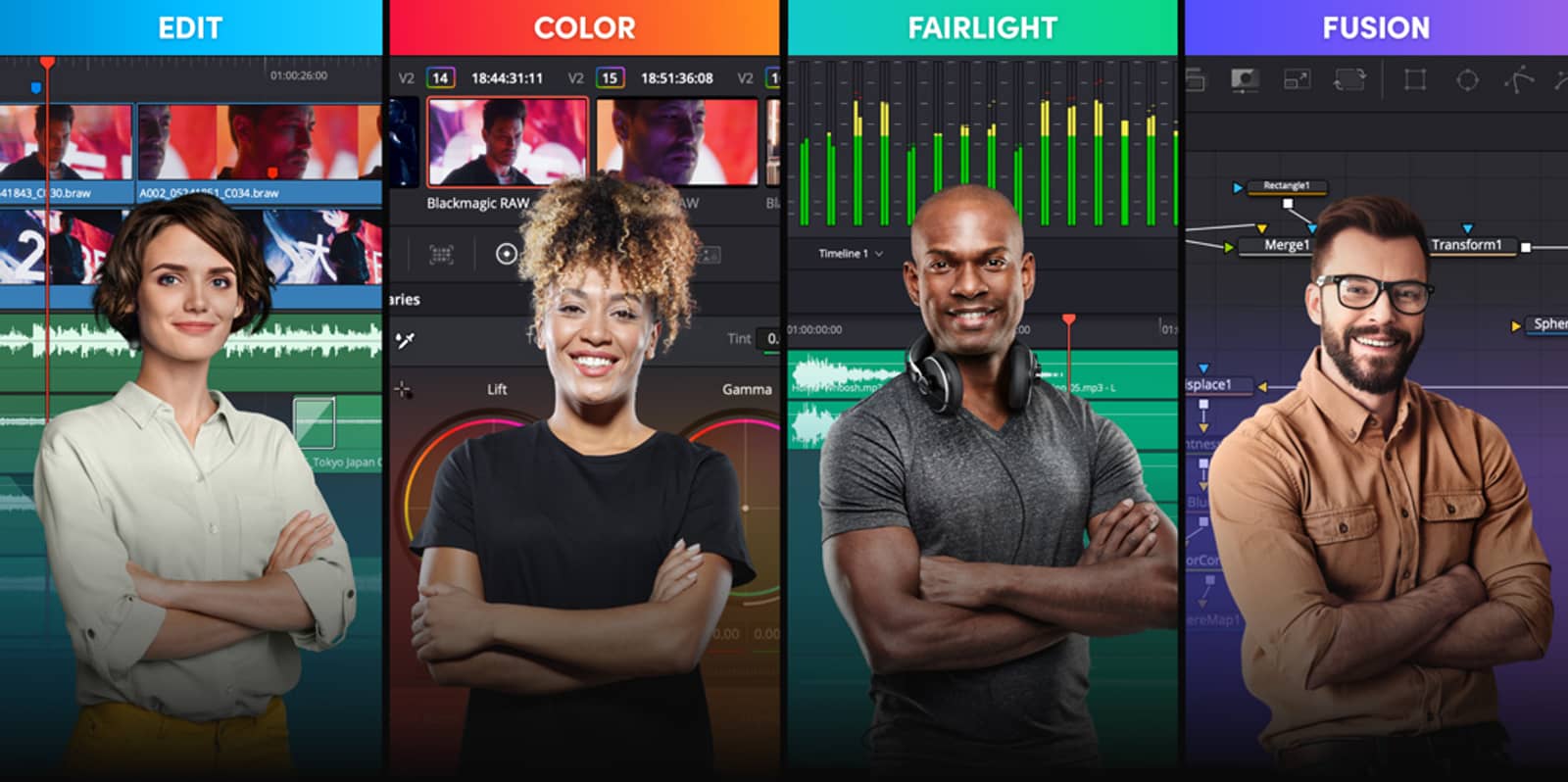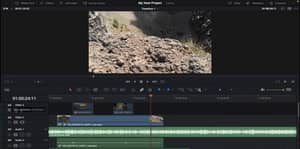
The tools we use to edit our projects have a direct impact on the final outcome. Sure, an average movie-maker can work with Windows Movie Maker, but it takes a professional to master the art of video editing and color grading. That's where DaVinci Resolve 18 comes in.
This unique tool combines the simplicity of consumer editors with the powerful features of professional software. To get the most out of DaVinci Resolve 18, you need the best laptop for the job. That's why I've decided to take up the challenge and write this guide!
I'll break down the specs you should look for in a laptop and provide recommendations for different budget ranges. With that, let's jump into the lap of luxury and find out what will make your video projects shine!
The right processor
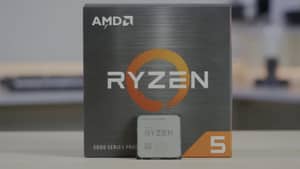
If you're in the market for a new laptop to use with DaVinci Resolve 18, there are a few things you need to keep in mind. Firstly, Blackmagic has recently released a macOS version of Resolve, so MacBooks are now an option for video editors. Secondly, if you're looking for a laptop for DaVinci Resolve, you'll need to pay attention to the CPU performance benchmarks.
There are two types of processors: H-series and U-series (or U-series). The H-series processors offer better performance, but they come at the expense of battery life; while the U-series chips are more power efficient but sacrifice some performance in return. When comparing different processors, I use Cinebench R23 (or R22) single-core scores since these are most relevant for video editing applications.
If you're looking for a high-end processor, expect it to come with a hefty price tag; meanwhile, if you're on a budget, AMD and Intel have plenty of options that won't break the bank. Here are some recommended processors by price bracket:
- Minimum: Ryzen 5 4600H
- Recommended: Ryzen 7 5800U
- High-end: i9-11900H
The best graphics for DaVinci Resolve 18 in 2022
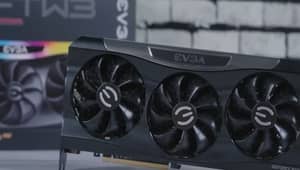
The GPU market has changed a lot in the past few years. Nvidia continues to dominate the laptop GPU market. Nvidia recently released a few RTX 40 series cards, but these are not yet available on laptops (expected in 2023). Nvidia's latest notebook cards are in RTX 30 series (such as RTX 3070 Ti).
Desktop GPUs are now a lot more power-hungry; thus, the gap between power-limited notebook graphics and desktop graphics cards has widened in the past few years.
Nvidia has discontinued Max-Q use for its RTX graphics cards. Now, an exact GPU wattage is determined by a laptop manufacturer (OEM). That results in a wide variance in graphics performance even in laptops with the same GPU chipset.
If you're looking for a MacBook – you can skip this section since the requirements are the same for all laptops.
You'll need a dedicated GPU for any serious color grading or VFX work in Davinci Resolve. Apart from the CPU, the graphics card is one of the most important components when it comes to video editing.
I use cinebench R20 to compare different graphics cards because it's more accurate than other benchmarks that test games and don't take into account the graphics driver version.
If you're looking for a laptop with a long battery life, pay attention to its graphics performance score (in 3DMark).
The minimum GPU requirement for DaVinci Resolve 18 is a GTX 1650. The recommended GPU is an RTX 2060. For high-end laptops, an RTX 3070 is recommended.
Picking a good memory
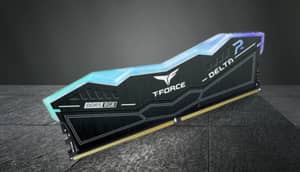
With the release of DaVinci Resolve 18, video editors everywhere are scrambling to figure out what kind of laptop they need to take advantage of the new features. And one of the biggest questions on their minds is: how much RAM do I need?
The answer, as it turns out, is a lot.
Video editing is a resource-intensive task, and the more you edit, the more memory you'll need. If you're only editing a few videos every now and then, 8 GB will be enough. But if you're looking to get into more serious work – 16 GB is the sweet spot for most people. Finally, 32 GB is ideal for professionals who regularly edit 8K footage and want to future-proof their setup.
RAM frequency does not matter much in DaVinci Resolve since it's not particularly demanding when it comes to memory bandwidth. However, if you can afford it – getting DDR5 would be beneficial as it offers slightly better performance than DDR4.
If you're looking for a laptop with a lot of RAM – make sure it has enough free slots to upgrade in the future if necessary; some laptops have only 2 or 4 SODIMM slots, which means that they can't be upgraded beyond their original configuration.
Here's a quick rundown of what to expect depending on your budget:
- Minimum: 16 GB
- Recommended: 32 GB
- High-end: 64 GB
Unlocking the Mysteries: Your DaVinci Resolve 18 Laptop Questions Answered
Q: Which laptop is best for DaVinci Resolve 18?
When it comes to choosing the best laptop for DaVinci Resolve 18, you'll want to consider a few factors such as processing power, memory, and graphics capabilities. The medium and maximum recommendations in the table above offer excellent performance for this demanding software. However, if you're on a budget or have more modest requirements, the MSI GF63 Thin is a solid choice that meets the minimum requirements and offers good value for money.
What are the minimum system requirements for DaVinci Resolve 18 on a laptop?
The minimum system requirements for DaVinci Resolve 18 on a laptop are as follows:
- Processor: Ryzen 5 4600H or equivalent
- Memory: 16 GB
- Graphics: GTX 1650 or equivalent
While these minimum requirements will allow you to run DaVinci Resolve 18, keep in mind that the software may not perform optimally on lower-end hardware. If possible, it's always recommended to go for higher specifications to ensure a smoother editing experience.
Can DaVinci Resolve 18 run on a MacBook?
Yes, DaVinci Resolve 18 can run on a MacBook. However, it's important to note that not all MacBook models will meet the recommended specifications for optimal performance. MacBook models with an M1 chip are not officially supported at the time of writing this guide. For the best performance, it is advisable to use a MacBook with a dedicated graphics card such as the MacBook Pro models with an Intel processor.
What laptop specs do I need for DaVinci Resolve 18?
The recommended laptop specifications for DaVinci Resolve 18 depend on the level of performance you desire. For a smooth editing experience, we suggest aiming for the medium or maximum recommendations from the table above. These specs include a powerful processor, ample memory, and a dedicated graphics card. However, if you're on a tight budget or have less demanding editing needs, the minimum requirements can still allow you to run DaVinci Resolve 18, albeit with potentially reduced performance.
Is an i7 processor necessary for running DaVinci Resolve 18 on a laptop?
While an i7 processor is not necessary for running DaVinci Resolve 18 on a laptop, it does offer significant benefits in terms of performance. DaVinci Resolve is a resource-intensive software that relies heavily on the CPU for rendering and processing tasks. Opting for a higher-tier processor like the Ryzen 7 5800U or i9-11900H will provide a noticeable improvement in editing speed and responsiveness, especially when working with complex projects or high-resolution footage.
How much RAM is required for DaVinci Resolve 18 on a laptop?
The minimum recommended amount of RAM for DaVinci Resolve 18 on a laptop is 16 GB. However, for smoother performance, especially when working with large projects or high-resolution media, we suggest considering 32 GB or even 64 GB if your budget allows. Additional RAM helps in multitasking, prevents bottlenecks, and allows for better caching of video files during editing.
Can I use an external GPU with my laptop for DaVinci Resolve 18?
Yes, you can use an external GPU (eGPU) with your laptop for DaVinci Resolve 18. External GPUs can provide a significant boost in graphics performance, allowing your laptop to handle more demanding tasks smoothly. However, it's important to ensure that your laptop and eGPU are compatible and have the necessary ports and connectors. Additionally, not all laptops support external GPUs, so it's crucial to check your laptop's specifications and compatibility before investing in an eGPU.
Is a 4K display necessary for using DaVinci Resolve 18 on a laptop?
While a 4K display is not necessary for using DaVinci Resolve 18 on a laptop, it can greatly enhance your editing experience, especially when working with high-resolution media. A 4K display provides a higher pixel density, allowing you to see finer details and make more accurate color adjustments. However, if budget constraints or other factors prevent you from getting a 4K display, a good-quality 1080p or 1440p display can still deliver satisfactory results.
Are gaming laptops suitable for running DaVinci Resolve 18?
Yes, gaming laptops can be suitable for running DaVinci Resolve 18, especially if they meet the recommended specifications. Gaming laptops often come equipped with powerful processors, ample memory, and dedicated graphics cards, making them well-suited for demanding tasks like video editing. However, it's important to ensure that the specific gaming laptop you choose meets the minimum or recommended requirements for DaVinci Resolve 18, as some lower-end gaming laptops may not provide optimal performance for professional-grade editing.
4 Best Laptops for DaVinci Resolve 18
SAMSUNG Galaxy Book3 Pro 360 2-in-1
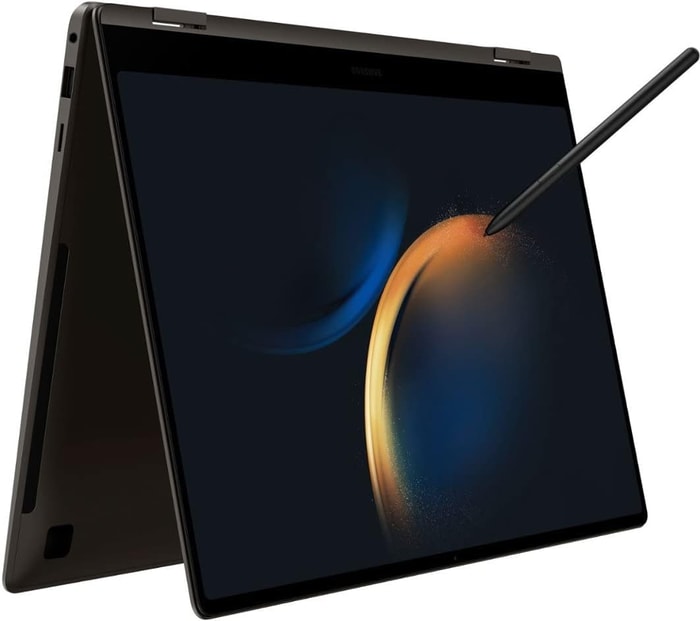
Pros and cons
- Splendid processor (i7-1360P)
- Exceptional graphics card (Iris Xe)
- Underwhelming memory amount (16GB)
Alternatives
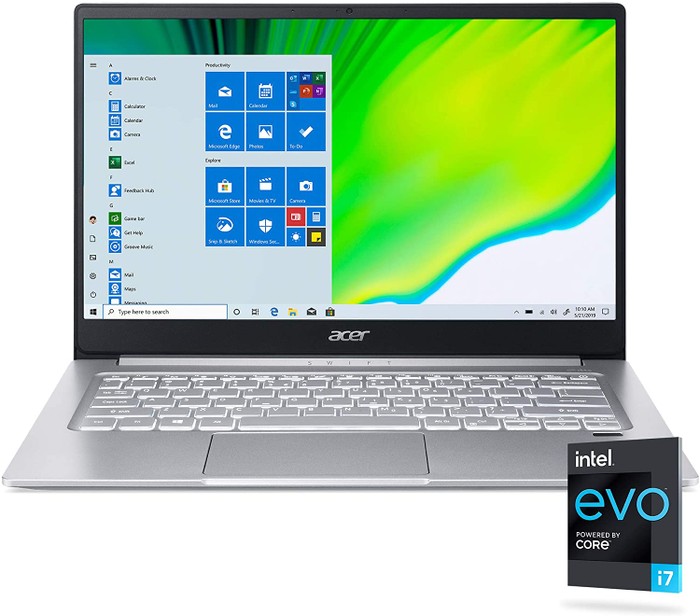
Acer Swift 3 SF314-59-75QC
- Compact, ultra-lightweight, and ergonomic design
- Sturdy build quality
- High thermals
- Poor audio
ASUS ZenBook 13 UX325EA-EH71
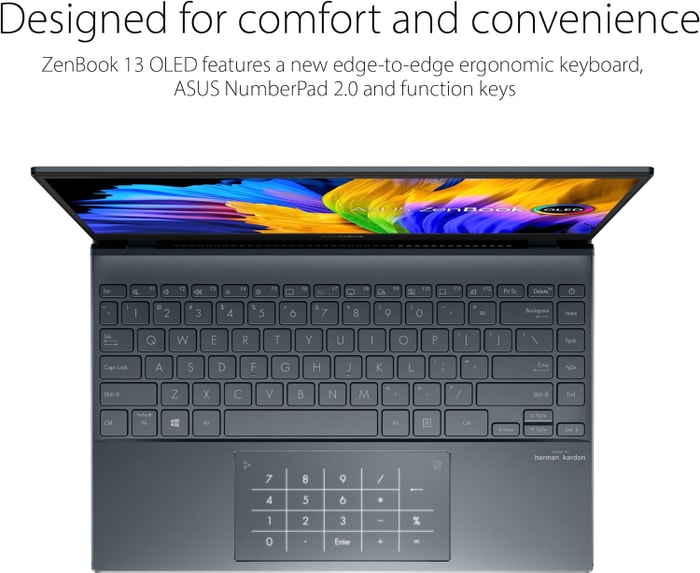
Pros and cons
- Sleek, lightweight frame
- Powerful overall and gaming performance
- Weak speakers
- Display could be brighter
Alternatives
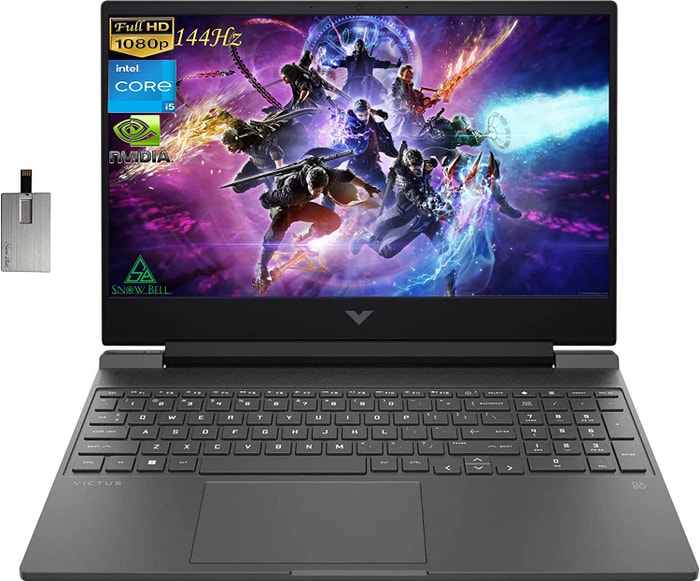
HP Victus
- Delivers smooth gameplay at 1080p.
- Fast SSD.
- No VRR to reduce screen tearing.
- Slow response time on the display causing ghosting.
ASUS ROG Strix G15

Pros and cons
- Impressive CPU and GPU performance
- High-quality construction and design
- Limited connectivity options
- Potential coil whine in certain situations
Alternatives
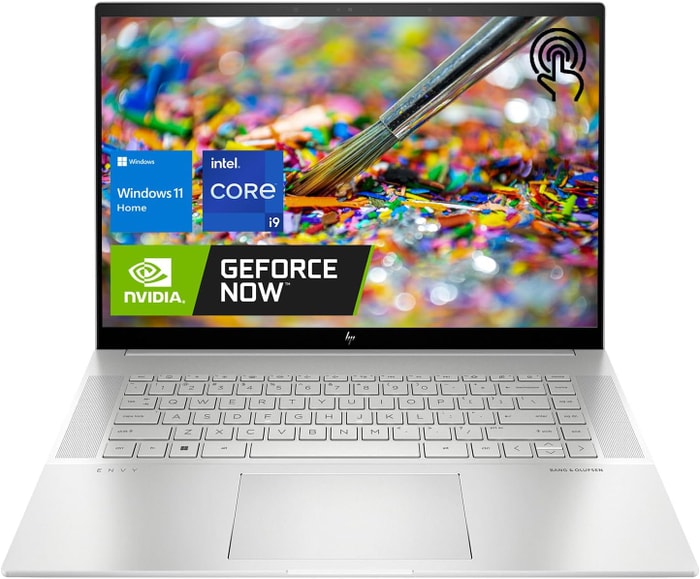
HP Envy
- Plenty of CPU and GPU power
- New 120Hz screen refresh rate
- Merely adequate base screen
- Optional OLED has fewer pixels than before
Lenovo Legion Pro 7i 16

Pros and cons
- Strong overall performance
- Big, bright, and fast display
- Some flex to keyboard deck
- Poor battery life
Alternatives

HP Omen 17
- QHD display with 165 Hz
- Advanced Optimus technology
- Slightly below-average performance for a RTX 4080
- High noise level
Table of the Best Laptops for DaVinci Resolve 18
| Laptop | Price (approx) |
| SAMSUNG Galaxy Book3 Pro 360 2-in-1 | $180 |
| ASUS ZenBook 13 UX325EA-EH71 | $730 |
| ASUS ROG Strix G15 | $1750 |
| Lenovo Legion Pro 7i 16 | $3390 |

